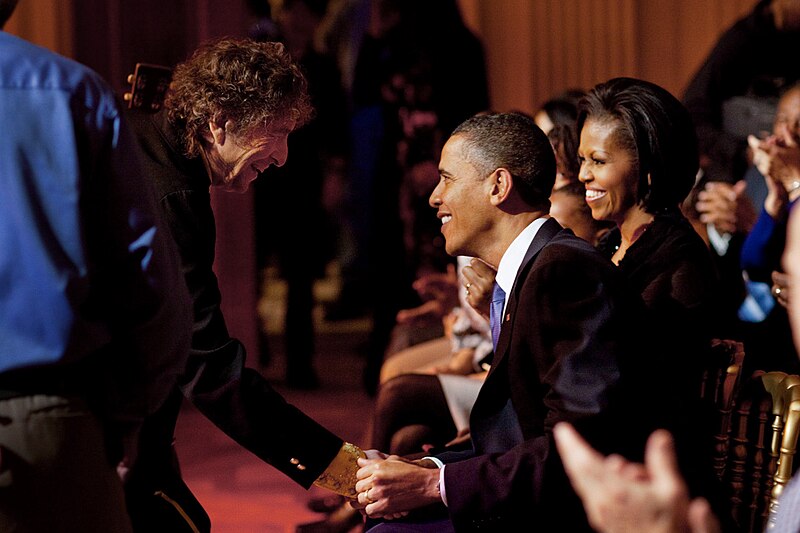The news reports that UCI students want the university to cancel a speech by Breitbart's Milo
Yiannopoulos. Now, I, for one, have no interest in Breitbart other than idle
curiosity. The Breitbart website says little that is worthwhile. At the same time, I think that students should let the speaker
speak. If you don't like the guy, skip the speech. Problem solved.
Also, do students have so little confidence in their classmates? I assume that most college students could listen to Yiannopoulos, disagree with him, and move on. Frankly, part of the alt-right's secret is that mainstream people don't even believe that they are saying the things that they say. Don't suppress them. Bring them out into the open! Let them talk! Let them fall apart all by themselves. If they have something worthwhile to say, listen. Don't turn them into martyrs.
Also, do students have so little confidence in their classmates? I assume that most college students could listen to Yiannopoulos, disagree with him, and move on. Frankly, part of the alt-right's secret is that mainstream people don't even believe that they are saying the things that they say. Don't suppress them. Bring them out into the open! Let them talk! Let them fall apart all by themselves. If they have something worthwhile to say, listen. Don't turn them into martyrs.
At the same time, it is a real shame that the conservative movement is now reduced to this level. Can't the right wingers find better speakers to represent their viewpoint?
Earlier posts about free speech on campus:
http://harpine.blogspot.com/2016/06/free-speech-on-college-campuses-time.html
http://harpine.blogspot.com/2016/05/freedom-of-speech-on-college-campuses.html

